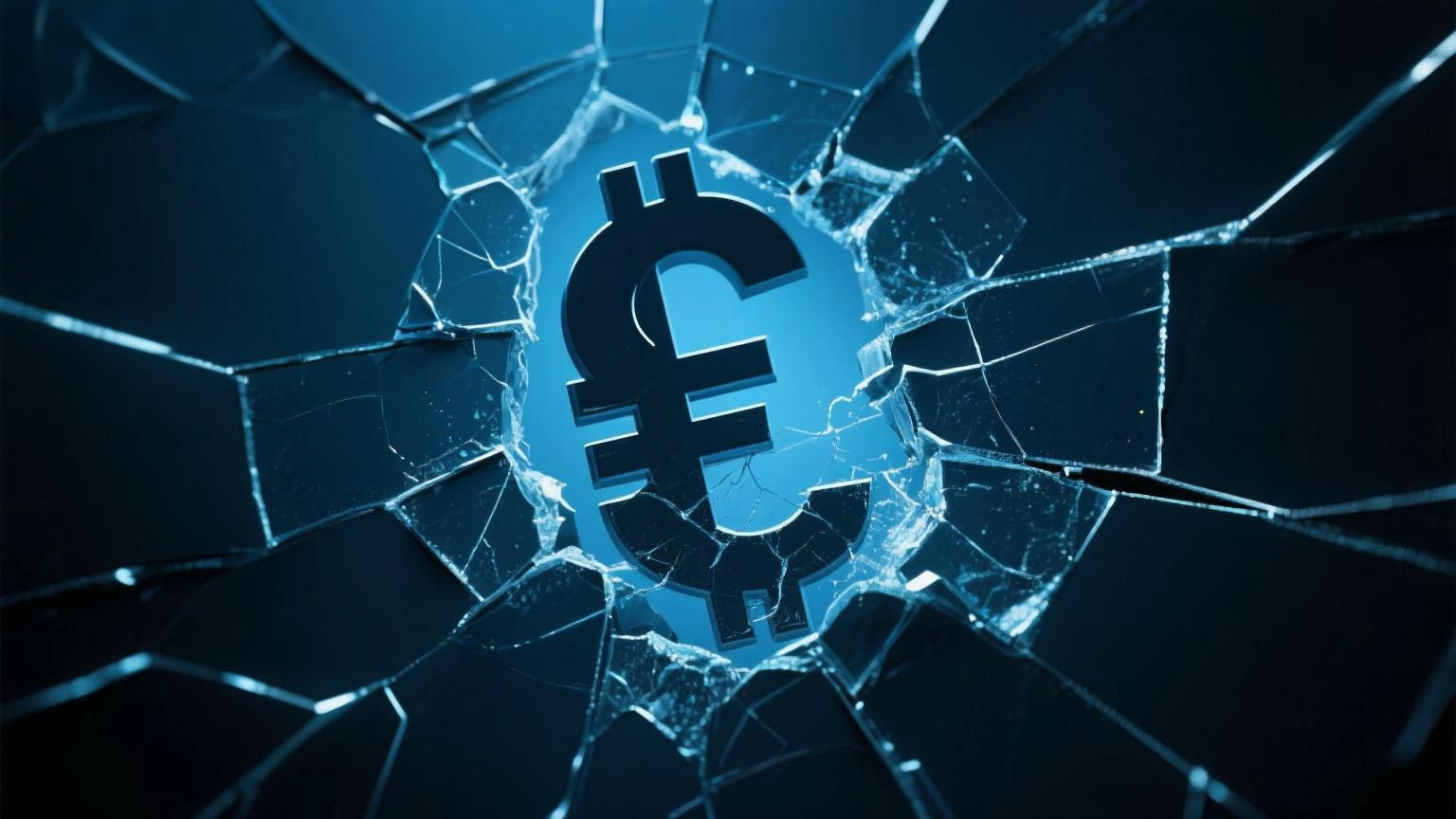
For decades, most people have muddled through life without ever questioning the nature of money. The U.S. dollar "just existed," like the sun rising in the east—reliable, unquestionable, and assumed to have value simply because it always had. Teachers might have covered basic economic concepts in school, but the deeper truths about how money works and how it is manipulated were rarely part of the curriculum.
However, today, this calm assumption is beginning to crack. People are starting to ask questions they never asked before:
Why hasn’t my income increased, but everything is getting more expensive?
Why does my savings account feel like a tire with a slow leak?
Why do politicians always talk about "fixing" the economy by printing money out of thin air?
The facts are beginning to dawn on millions: the monetary system is broken.
Crisis of Trust
We live in an era where trust in institutions is at an all-time low. Governments and central banks assure us that inflation is "under control," yet grocery bills suggest otherwise.
Housing affordability has plummeted. Student loans have burdened young people with decades of debt.
Many are beginning to suspect that these issues are not merely due to bad luck or temporary economic downturns but are symptoms of deeper structural flaws in the monetary system itself.
The fiat model—a monetary system where currency is issued by the government and backed by no tangible asset—thrives by quietly stealing wealth. Inflation erodes purchasing power year after year, but because the change is gradual, it often goes unnoticed until it is too late. This is not a bug in the system; it is a feature.
Bitcoin: The New Generation’s "Red Pill"
For many, Bitcoin was initially just "internet money," a quirky fascination for tech enthusiasts or a gamble for speculators. But those who took the time to understand it soon realized that Bitcoin is far more than a financial asset—it is a lens through which to see the world as it truly is.
Bitcoin forces people to ask questions the traditional system hopes you will never ask:
Why can central banks create money without limits, while you must work to earn it?
Why is it legal for your savings to shrink due to inflation, but illegal for you to opt out of the system and issue your own competing currency?
Why is privacy and self-custody, which have been cornerstones of individual freedom for centuries, now viewed as suspicious?
By learning how Bitcoin works—its fixed supply of 21 million, decentralized network, and censorship resistance—people often inadvertently receive a crash course in economics, game theory, and political history.
The "Bitcoin Effect" on Financial Literacy
Bitcoin proponents often joke that Bitcoin is a "gateway drug" to Austrian economics. Once you understand the principles that make Bitcoin work, you inevitably begin to question the principles underlying fiat currency.
You discover the long history of currency debasement:
In ancient Rome, silver coins were clipped and diluted with cheap metals until their value collapsed.
In Weimar Germany during the 1920s, paper Marks became worthless overnight, wiping out savings and destroying the middle class.
Today, Bitcoin study groups and podcasts cover these lessons more deeply than most university economics courses. Often, just a few hours of self-education teach people more about the mechanics of money, the history of monetary collapses, and the risks of central planning than twelve years of formal schooling.
And it doesn’t stop there—once awakened by Bitcoin, many begin exploring ideas about privacy rights, decentralization, sound governance, and individual sovereignty. Bitcoin may start as a financial tool, but it often becomes a catalyst for deeper thinking about freedom itself.
Are People Waking Up?
The answer: some are—and the number is growing.
Every economic shock—from bank failures to sudden spikes in inflation—awakens more people. Bitcoin adoption is steadily rising. Surveys show growing skepticism toward central bank policies. Younger generations, already distrustful of traditional institutions, are far more open to alternative forms of money.
We are still in the early stages. Most people remain unaware or uninterested in questioning the monetary system. But the cracks in the facade are widening.
Every time someone learns about Bitcoin, they are confronted with an unsettling truth: the money they have used their entire lives is not the rock-solid certainty they believed it to be—but quicksand.
Conclusion: From Awareness to Action
Bitcoin not only makes people aware that the current monetary system is broken but also shows them a way out. It replaces the despair of realizing the system is rigged with the hope that a better monetary system is possible—one where money is scarce, fair, transparent, and not subject to the whims of a handful of unelected bankers.
For those willing to take the time to understand it, Bitcoin is like a flashlight in a dark room. Once you see what is truly there, you can never unsee it. In that light, more people every day are realizing that solving the money problem is not just a financial necessity—it is the foundation for solving almost every other problem.
















